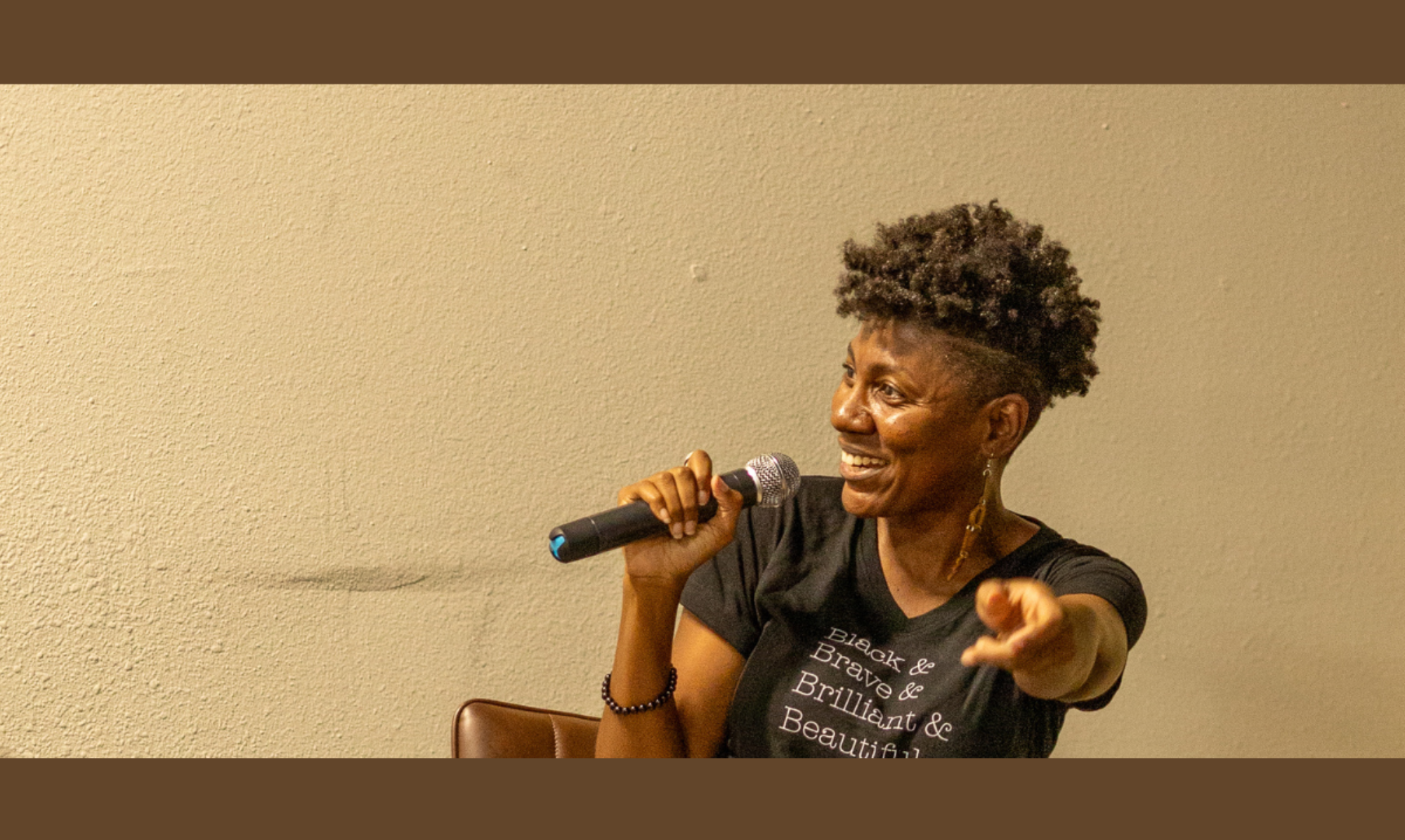WARNING! This post may ignite a fire that can’t be extinguished (unless your mind’s already a fireball, in which case this post is completely benign). What follows are some questions about colorism. But first, let me say more about how questioning helps.
And don’t fear the fire! Socrates said, “The unexamined life is not worth living,” and time has shown that fire is proof of purity (for metals at least, but think metal as metaphor).
The quickest road to flame starts with two, three-letter words: Why and How. These words have been known to incinerate things founded on fear instead of love, deception instead of truth.
QUICK NOTE: I have a much longer list of questions you can browse here for all purposes
If you’re looking for a speaker or facilitator for your next colorism event, learn about Dr. Sarah Webb’s colorism keynotes and workshops.

Despite these benefits, many people avoid the fire because they can’t stand the heat or they’re afraid to get burned. You see, the fire doesn’t just consume fear and deception around us, it also consumes fear and deception within us.
As a teacher, I often ask Why and How, trying to get my students to think deeply and critically about what’s presented to them and about their prior assumptions. One assumption that several students have vocalized is that dark skin is a problem or an unfortunate condition that one should avoid when possible. Here’s some of what male and female African-American students of varying shades have actually said to me:
“I wish I was light-skinned like my mama.”
“This picture is ugly. I look black on here.”
“I’m not proud of myself. I got dark over the summer.”
“I’m black. I used to be lighter than this. I used to be as light as… well not you, but…”
“Dee is lighter than Maggie… That means Dee can smash her.”*
*QUICK NOTE: See my article in English Journal on how to use Alice Walker’s short story to teach lessons about colorism.
The fact that they make such comments as though everyone else thinks the way they do, lets me know how ubiquitous colorism is among Black people. Colorism seems as common as blinking and equally unconscious. Which is the problem. Too many are content living unconsciously, living unexamined lives. So I’ve been thinking. Maybe one remedy to colorism is for individuals to start asking Why and How. I urge all to ask these questions for any situation. (Why am I in an abusive relationship? How do I get out? Why am I unhappy at work? How can I change the trajectory of my life?) Gloria Steinem, the famous feminist, suggests:
“The only practical, permanent solution to poor body image seems to be turning inward to ask: Where did it come from? What subtle or blatant events gave birth to it? What peer pressure nurtured it? What popular images make our real selves seem different or wrong?”
Regarding skin color, we should examine our attitudes regardless of what color we are, regardless of which direction our bias is projected, and regardless of whether or not we feel complicit.
I’ve suggested some questions about colorism below that I think are helpful. As you read these, remember that IDK (I don’t know) is not an answer for someone genuinely seeking truth. Shrugging your shoulders and reverting back to tasks that are easy for you does not promote life. Instead, keep thinking, searching, or investigating until you find at least a possible answer. Instead of just saying “I don’t know,” say instead: “I don’t know yet.” I encourage the same persistence in my students.
-
Why do I have a positive/negative attitude about certain skin tones?
-
How did my attitude about skin tone develop throughout my life, particularly my childhood?
-
How has my attitude about skin tone manifested in my words and actions (or the absence of my words and actions)?
-
Why does my reflection on this issue matter?
-
How will understanding my attitude about skin color change things personally or communally?
Of course you’ll have to do the work of making your inquiry personal and specific to your experiences. I hope these questions are in fact only the beginning for you. I hope you take this investigation to a level that matters for your personal growth. I hope you share these questions and your responses with others whom you care about. I care about you, so this is my way of sharing.
Let me know if you have other questions about colorism that would be helpful to ask!

